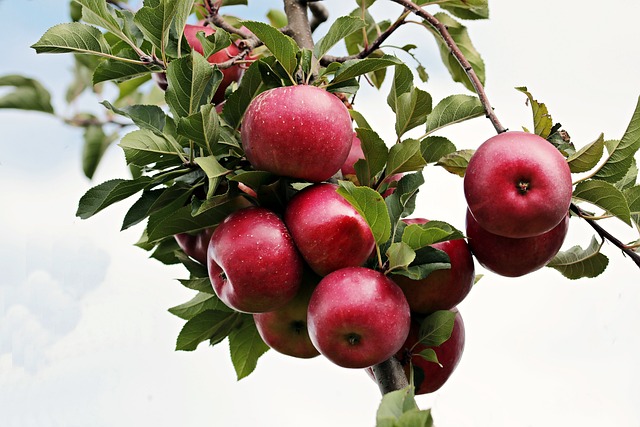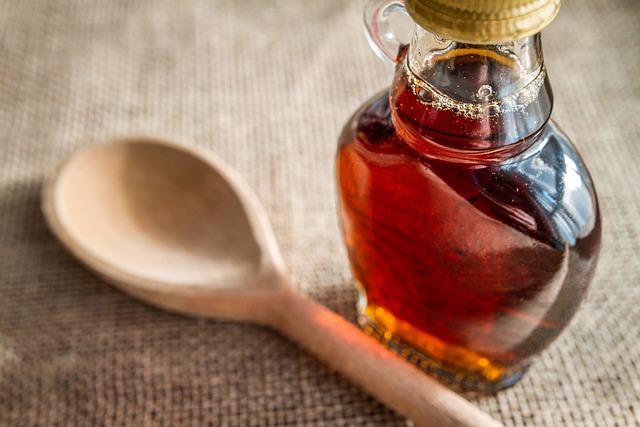It sounds like the perfect solution doesn’t it? Getting a sweet hit without all the problems associated with eating sugar – BUT might it be too good to be true? The short answer, sadly, is yes. In this article I’ll look at which artificial sweeteners may be detrimental to your health, and where they may be lurking. Which ones are healthier, and what the best options are.
The problems with artificial sweeteners
Sweeteners may actually cause you to become addicted to overly sweet foods.
How?
By training your taste buds to want increasingly sweeter and sweeter foods.
When you eat sweet-tasting food your brain thinks it’s getting some sugar, and your body prepares itself as though sugar is going to land in your digestive system. The problem is the sugar never appears. Your body still produces insulin from your pancreas, and it is this insulin release which will cause you to gain weight. At this point your body is in a total spin, expecting sugar which never arrives!
Which leads to the next problem: Because your brain thinks it’s getting sweet food, and that sweet food never arrives, you may end up craving very sweet, high carb food to make up the deficit. This may also add to the sugar addiction problem.
After you’ve consumed the sweeteners, the insulin you produce will drive down your blood sugar levels and undoubtedly cause anxiety, and/or feelings of being ‘hangry’.
So all this confusion in the body may well be why the intake of artificial sweeteners is strongly associated with –
- Obesity and weight gain
- Type 2 diabetes
- Metabolic syndrome
Frequent consumption of sweet-tasting foods, with no calorific content really does interfere with your overall metabolic function.
If your sugar cravings are starting to get to you, check out the Ultimate Gut Health Programme which contains a wealth of information to help you curb those cravings for good. Click here for more info.
Then there are the side effects of artificial sweeteners –
If you have trouble with your digestive system, there’s double trouble as sweeteners tend to increase inflammation throughout the gut. These problems are apparent in those suffering with IBS and IBD.
A further study found that consuming artificial sweeteners on a daily basis actually caused the build up of arterial plaque, increasing the risk of cardiovascular disease.
Here are a few of the more common artificial sweeteners that you need to look out for, as they may cause problems for you.
Always check labels for –
- Aspartame
- Nutrasweet
- Saccharin
- Splenda
- Sorbitol
- Sucralose
These will be hidden in a lot of ‘low sugar’ or ‘light’ prepackaged food and drink options, for example –
- Yogurts
- Sweets
- Zero calorie water
- Diet soft fizzy drinks
- Some vitamins, medicines etc.
Worse still …
Studies which have looked at the effects of aspartame have found it may impair memory performance. Also, if you’re pregnant or breastfeeding you will definitely want to avoid it as it may cause issues with obesity and metabolic disorders in the child, later in life.
Further problems associated with aspartame include –
- Headaches
- Migraines
- Dizziness
- Mood disorders and other mental health problems
- Nausea and digestive disturbances
If you want to finally get a handle on your sugar cravings I’d highly recommend downloading my online course The Ultimate Gut Health Programme to help you balance your meals optimally, and therefore help avoid the dreaded sugar cravings.
It’d be impossible to include all you need to know in one blog, but the programme will have all you need to know to ensure you’re soothing your digestive system, whilst eating delicious and filling foods.
Which sweeteners have benefits?
That’s all sounding a bit bleak isn’t it? But it’s not as bad as it seems as there are a couple of options I would recommend.
Xylitol and stevia seem to be OK for most people and even have a few health benefits, including Xylitol being good for your teeth. However, if you’ve got IBS or are sensitive to FODMAPS you need to avoid Xylitol as it causes bloating, cramping and diarrhoea.
Avoiding artificial sweeteners – natural is better
When it comes to sweetening food, I’d definitely recommend retraining your taste buds to appreciate less sweet foods, such as the natural sweetness of fruit or dates for example, which also contain dozens of health enhancing nutrients.
Occasionally enjoy
Then, occasionally if you feel the need, treat yourself to sweet foods made with maple syrup, natural honey or coconut sugar – so much better for you! Check out the Cheatin’ Treats section of the Ultimate Gut Health Programme for some inspirational recipes.
If you would like to speak to me about any aspect of your gut health, then please use this link to book into my diary for a FREE 30 minute chat so I can find out more about what is going on for you. Alternatively please use the ‘Learn More’ link below.
Free Mini Programme
Would You Like to Learn How to Fix Your Digestive Symptoms, Beat the Bloat and Feel Amazing?
1:1 Coaching Plans
Get Ready to Permanently Beat the Bloat, Soothe Your Digestion and Feel Amazing
Ultimate Gut Health Programme
Delicious, Filling & Inspiring ways to Become Symptom-Free, Soothe Your Gut and Enjoy Your Food Again!



